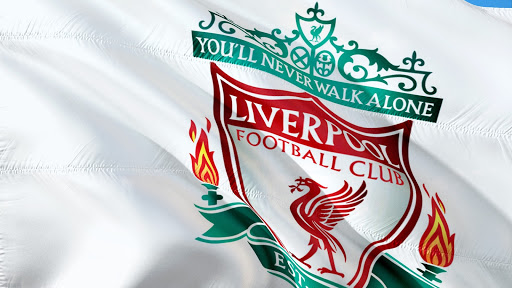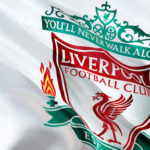Publications
The 5 Most Common Questions We Get Regarding Liverpool FC’s Failed Attempt to Register “Liverpool” as a Trade Mark in UK
15/10/2019

1. What is Happening and What is the Latest Status?
Liverpool Football Club (“LFC”) may have successfully won over public support to be the title favourite of this year’s Premier League, but the odds were stacked against the Reds in their trade mark application to register “LIVERPOOL” under Classes 9, 16, 25, 28, 35, 38, 41, and 43 covering clothing, prints, games, mobile applications, retail, education, telecommunication and broadcastings and hospitality services relating to the sport of football and or in connection with a football club.
The application was filed with the UK Intellectual Property Office (“UKIPO”) on the 20th June 2019 (Application No: UK00003408413 / UK00003418051). However, 3 months later, the LFC in its official statement confirmed that the UKIPO rejected their application due to the geographical significance of Liverpool as a city.
Under s3(1) of the UK Trade Marks Act 1994, trade marks that are devoid of any distinctive character and consists exclusively of signs or indication which may serve to designate the geographical origin shall not be registered.
As stated by its CEO Peter Moore, LFC has no plans to appeal the action.
2. What is all the fuss about?
The application has caused a severe backlash from local fans and the citizens of Liverpool. Mayor of Liverpool Joe Anderson authorised an opposition to LFC’s trade mark application with hopes to protect local traders’ right to freely use “Liverpool” to indicate their products’ origin.
The opposition was supported by local LFC fan club Spirit of Shankly, in which they regarded the rejection of the trade mark application as victory for common sense. It was stated that “Liverpool” belongs to the city of Liverpool and its people. They should all be “allowed to use it freely, however they see fit, without fear of legal letters dropping through our doors.” They also expressed that LFC has enough legal remedies from their current trade marks to address any issues they may have and any more is unnecessary.
In fact, the concerns by the public is not without justifiable grounds. Granting the trade mark to LFC would imply granting monopoly to the use of the names on goods or services in relation to the sport of football. For instance, should the trade mark be granted and registered, the City of Liverpool Football Club, which is also based in Liverpool, would be arguably infringing LFC’s trade mark should it provide any goods or services bearing the word “Liverpool”.
3. Why does the Football Club want to Register “Liverpool” as their trade mark?
In the UK, LFC currently has registered for several other marks with the UKIPO, some of which were obtained with immense difficulty and controversy. Examples of its registered marks include their club emblem, the iconic LFC mascot the Liver Bird, as well as their club anthem title “You’ll Never Walk Alone”, all of which has successfully acquired distinctiveness and were able to associate the marks with the club.
In response to the criticism from the public, Moore defended the club’s decision by saying that the application was put forward in good faith and with the sole aim of protecting and further the best interests of the club and its supporters. He further explained that LFC was only attempting to register the trade mark in the context of football products and services as it was under attack from large-scale manufacturing which was alluding to be official LFC merchandise.
4. What are other football clubs doing in this area?
On the other hand, other Premier League teams such as Chelsea, Tottenham Hotspur and Southampton have been fairly successful in registering their city of origins as a trade mark. Unlike LFC, the other teams have not faced similar issues whilst registering their origin as trade marks.
5. What does the Hong Kong laws generally say about situation like this?
In Hong Kong, pursuant to section 11(1)(c) Trade Marks Ordinance, a mark consisting of nothing more than a designation of geographical origin must be refused registration. However, according to section 11(2), it can be registered if the mark consisting exclusively of a sign designating geographical origin has in fact acquired a distinctive character as a result of use before the date of application for registration.
Authors: James Choi, Senior Associate
Tiffany Li, Trainee Solicitor
Date: 15 October 2019

